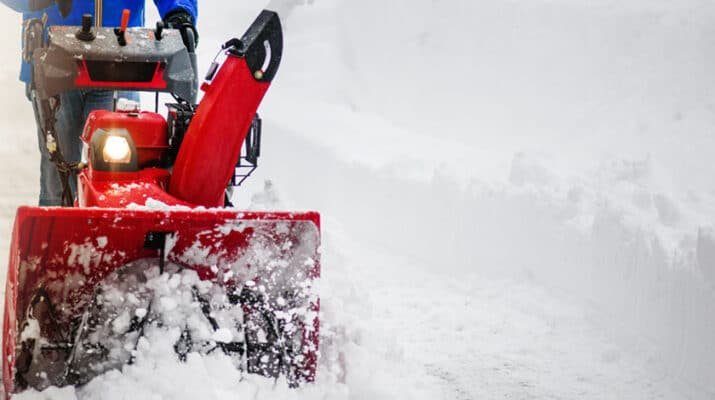By Deborah Jeanne Sergeant
One out of eight people in the U.S aged 12 or older has hearing loss in both ears, according to the National Institutes of Health.
Up to 2% of adults 45 to 54 have disabling hearing loss. The percentage rises to 8.5% for the age group of 55 to 64. Almost 25% of those 65 to 74 have disabling hearing loss and half of those 75 and older have disabling hearing loss.
While some hearing loss is genetic, many cases are because of preventable causes.
Doug Brown, audiologist and owner of dB Audiology in Syracuse, said that exposure to loud sound, either one very loud, acute sound or prolonged exposure to moderately loud sound can cause hearing damage. The latter is the type most people do not think about.
“The recommendation from national organizations is 80 dB for eight hours,” Brown said. “As you increase the sound level by 5 dB, you halve the exposure time. The lawn mowers and equipment will run in the 90 to 95 dB range.”
Hobbies that could cause hearing damage include those involving musical instruments, woodworking equipment and firearms. While headsets can be perfectly safe to use, their prolonged use at high volume can cause hearing damage. Brown said that as a rule, people using a headset can test its volume safety by removing it and allowing the device to play. If it can be heard while off the ears, it is too loud. Or users should pay attention to any volume warnings the device offers.
Occupational sounds can also cause damage. Many small farm owners and other home-based business owners may remain unaware of safety guidelines or choose to ignore them because unlike a larger, more public business, there is no OSHA oversight.
In addition to noise-induced injuries, medical conditions and some prescription medication may contribute to hearing loss. Medical conditions, including high blood pressure, high cholesterol, Type 2 diabetes and kidney disease, can contribute to hearing loss. Very high doses of aspirin taken daily, some anti-malarial drugs, Viagra, and chemotherapy can also cause hearing damage.
Brown encourages patients with medical and prescription concerns to discuss it with their primary care providers.
“They may be able to change protocols so less damage can result,” Brown said. “If no changes can be initiated, we can at least know there’s a change in hearing and we can suggest hearing aids or ways to augment communication.”
Head trauma can also cause hearing loss. That is another reason for wearing helmets when riding bicycles, all-terrain vehicles, horses and participating in any other activity where it is warranted.
Brown added that heredity can play a role in hearing loss; however, a person cannot tell if that is a factor. He recommends a baseline hearing exam so that patients can monitor any future changes in hearing, especially before taking necessary medication associated with hearing damage.
Wearing approved foam earplugs or muffs while in an environment where loud sounds are expected can protect hearing. David DeFrancis, director of outreach and education for hearing and vision services at Aurora of Central New York in Syracuse, recommends these devices for any time someone is exposed to loud noises.
“Without proper hearing protection, permanent hearing loss can be an outcome,” DeFrancis said. “It’s like going to a concert and afterwards, your ears are ringing. If you do it repeatedly, it can cause permanent harm. Once hearing is gone, it’s gone permanently. There is no cure for hearing loss. It’s imperative that we protect the hearing we have.”
He said that small, expandable foam earplugs can protect hearing in many situations. For people who may need to remove them periodically, muffs may be more convenient and if they are approved by the American Hearing Association, they should provide adequate protection.
Photo: Snow blowers with an average sound level of about 80 to 85 decibels can potentially harm your hearing after two consecutive hours of exposure, according to the Centers for Disease Control and Prevention. Other noises that can cause hearing loss include firecrackers, sirens and other loud sounds.

